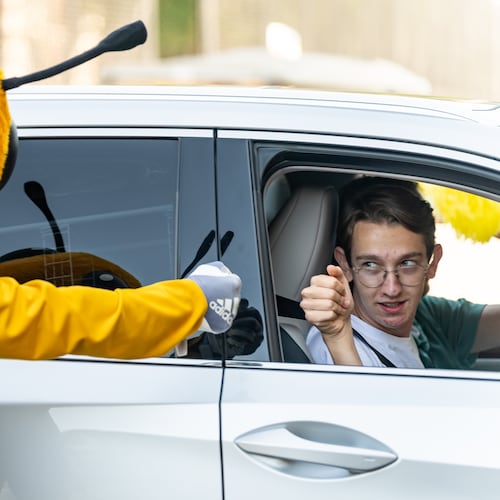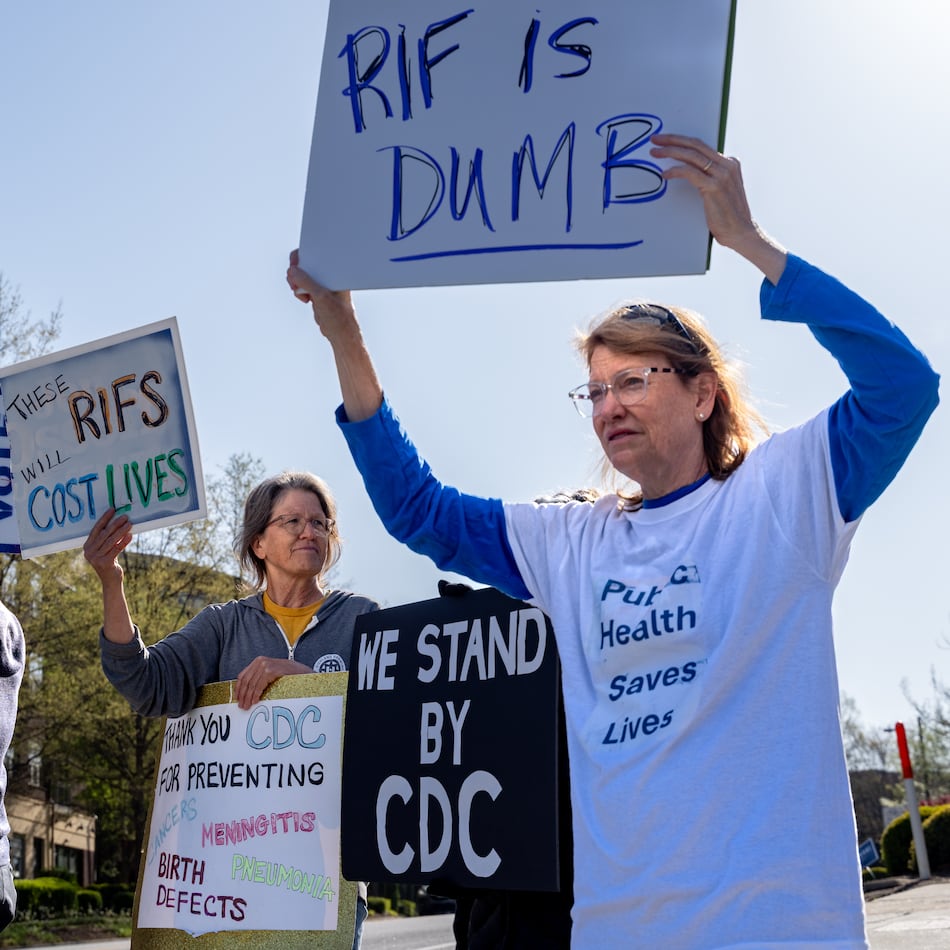In the six days that Cherokee County schools have been in session, the North Georgia district has had to direct 826 students to quarantine due to possible exposure to COVID-19, along with 42 teachers.
In following health guidelines, districts inform parents when a student has had close contract with — including sitting nearby — someone who tests positive for COVID-19 and advises 14-day quarantines at home. Most of the exposures to students have come from classmates, although a few cases involve teachers and staff who tested positive.
“As made clear in our reopening of school plan, we anticipated positive tests among students and staff could occur, which is why we put a system into place to quickly contact trace, mandate quarantines, notify parents and report cases and quarantines to the entire community,” said Cherokee spokeswoman Barbara Jacoby. “We are not hesitating to quarantine students and staff who have had possible exposure – even if the positive test was prompted by possible exposure rather than symptoms.”
Cherokee believes exposure without symptoms is a valid reason to be tested and that all positive tests should result in quarantine, said Jacoby, adding, “There is a misconception that only symptomatic cases are concerning and should result in quarantine.”
Cherokee is among the districts that opened without a mask mandate for students; staff must wear masks. The district serves more than 42,000 students and offered them both in-person and virtual instructional models. A quarter of students opted for digital learning because of the pandemic.
Cherokee is maintaining an updated list of quarantine counts, and it shows the highest numbers of students affected by exposures in high schools, likely because of larger class sizes and more movement of students through the buildings.
For example, as of Monday night, Etowah High School has 12.5% or 300 of its 2,400 student students under quarantine. Etowah became a key part of the national debate on safe returns to school after seniors posed shoulder to shoulder for a class photo on the first day back to school last week. The photo went viral.
As one of the first districts in the country to reopen for face-to-face classes, Cherokee’s rising numbers of quarantined students are raising questions about the ability of classrooms to function amid a surge in coronavirus infections. The quarantines also create educational challenges on how to prevent children from losing academic standing.
Students under quarantine receive assignments and support from their in-person teachers through the Canvas learning management system, said Jacoby. “They won’t be unenrolled from their classes and enrolled in digital learning with different teachers.”
“We agree that two weeks of remote learning for quarantined students is not ideal, but our community wanted the option for their children to return to school in person, knowing that we would likely have quarantines, school closures and a possible districtwide closure. Any school system opting to offer parents the choice for students to return to school in person needs to have a contact tracing plan in place and ample staff to perform this important function, and the community needs to be prepared for quarantines, school closures and possible districtwide closures,” said Jacoby.
In a letter to parents Friday, Cherokee Superintendent Brian Hightower said, “How long can we keep schools open? The answer will depend on all of us as a community. We need to social distance whenever we can, and always wear masks when we cannot. As we said before reopening, social distancing is not possible in all situations at our schools – this is why we require our staff to wear masks or face shields when they cannot distance, and this is why we’re providing masks to students and strongly recommending they wear them. This is a critical component to keeping schools open. Parents need to continue to keep their children home when they’re sick.”
About the Author
Keep Reading
The Latest
Featured


